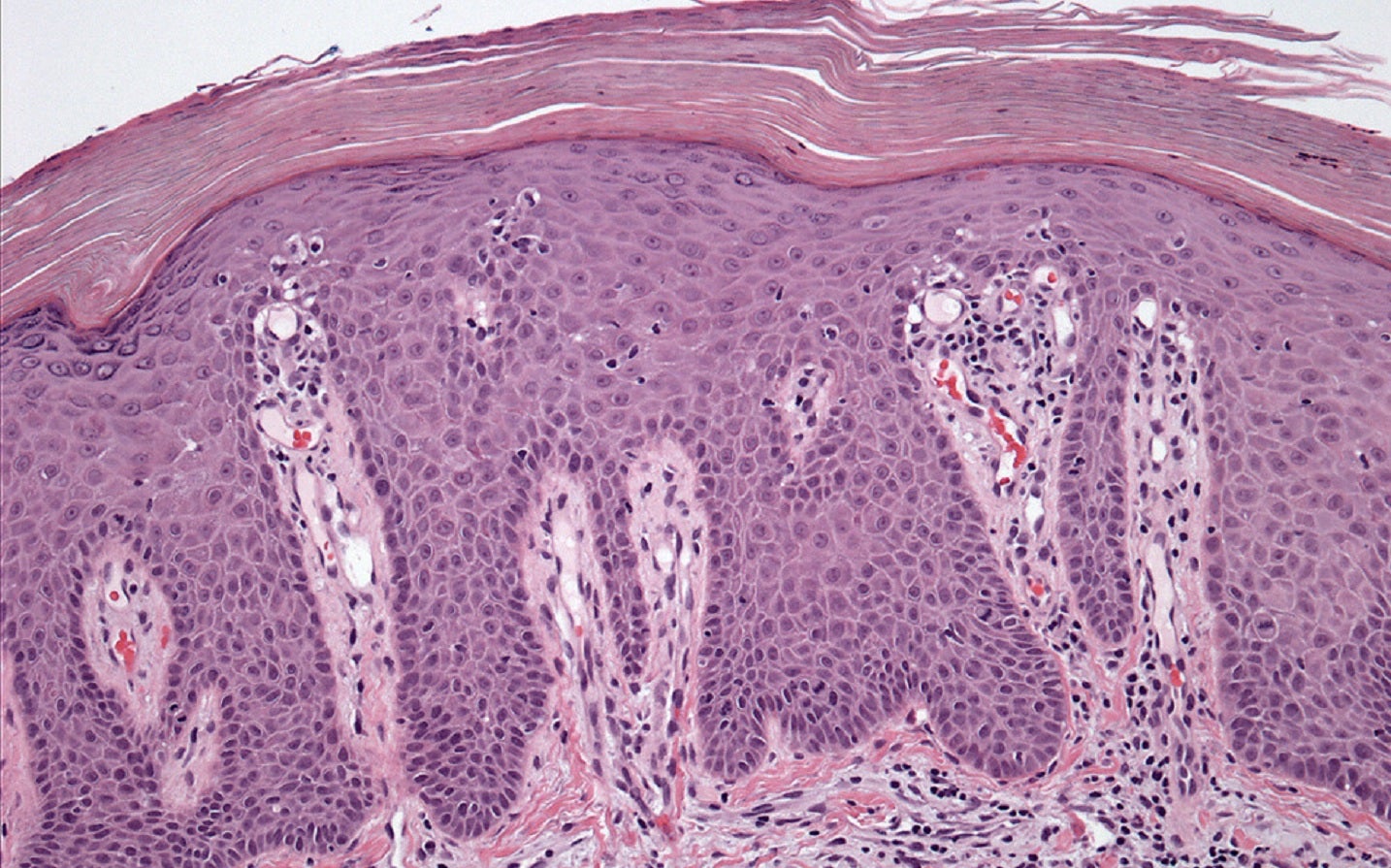
Takeda has reported positive data from a Phase IIb clinical trial of TAK-279 (NDI-034858) in moderate-to-severe plaque psoriasis patients.
The double-blind, randomised, multiple-dosed, multicentre, placebo-controlled Phase IIb trial has been designed for assessing TAK-279’s tolerability, efficacy, and safety in the indicated patients.

Discover B2B Marketing That Performs
Combine business intelligence and editorial excellence to reach engaged professionals across 36 leading media platforms.
In the trial, 259 participants were randomised in a 1:1:1:1:1 ratio to receive either a 2mg, 5mg, 15mg, or 30mg dose of TAK-279 once-a-day or a placebo for 12 weeks.
According to the findings, 44% of the TAK-279 5mg cohort, 68% of the 15mg group, and 67% of the 30mg cohort achieved the trial’s primary endpoint of a Psoriasis Area and Severity Index (PASI) of 75 at 12 weeks.
At the 30mg dose of TAK-279, 46% of participants achieved PASI 90 and 33% achieved PASI 100 at 12 weeks.
The Physician Global Assessment (PGA) score of 0/1 was achieved by 27%, 49%, and 52% of the 5mg, 15mg, and 30mg treatment groups, respectively.

US Tariffs are shifting - will you react or anticipate?
Don’t let policy changes catch you off guard. Stay proactive with real-time data and expert analysis.
By GlobalDataTakeda research and development president Andy Plump said: “These compelling TAK-279 data strengthen its potential for people with moderate-to-severe plaque psoriasis.
“The highly selective TYK2 inhibition seen with TAK-279 spares inhibition of other members of the Janus kinase (JAK) family, which we believe should avoid JAK-related toxicities.
“We are confident that we can execute a comprehensive development program and deliver a potential best-in-class therapy for patients, given Takeda’s strong background in immune-mediated diseases, including inflammatory bowel disease.”
The company expects to receive topline results from a Phase IIb trial in psoriatic arthritis and intends to commence a Phase III trial of TAK-279 in psoriasis in FY2023.
It also plans to assess TAK-279 in other immune-mediated diseases, including inflammatory bowel disease (IBD) and systemic lupus erythematosus (SLE), as well as other indications in the future.





